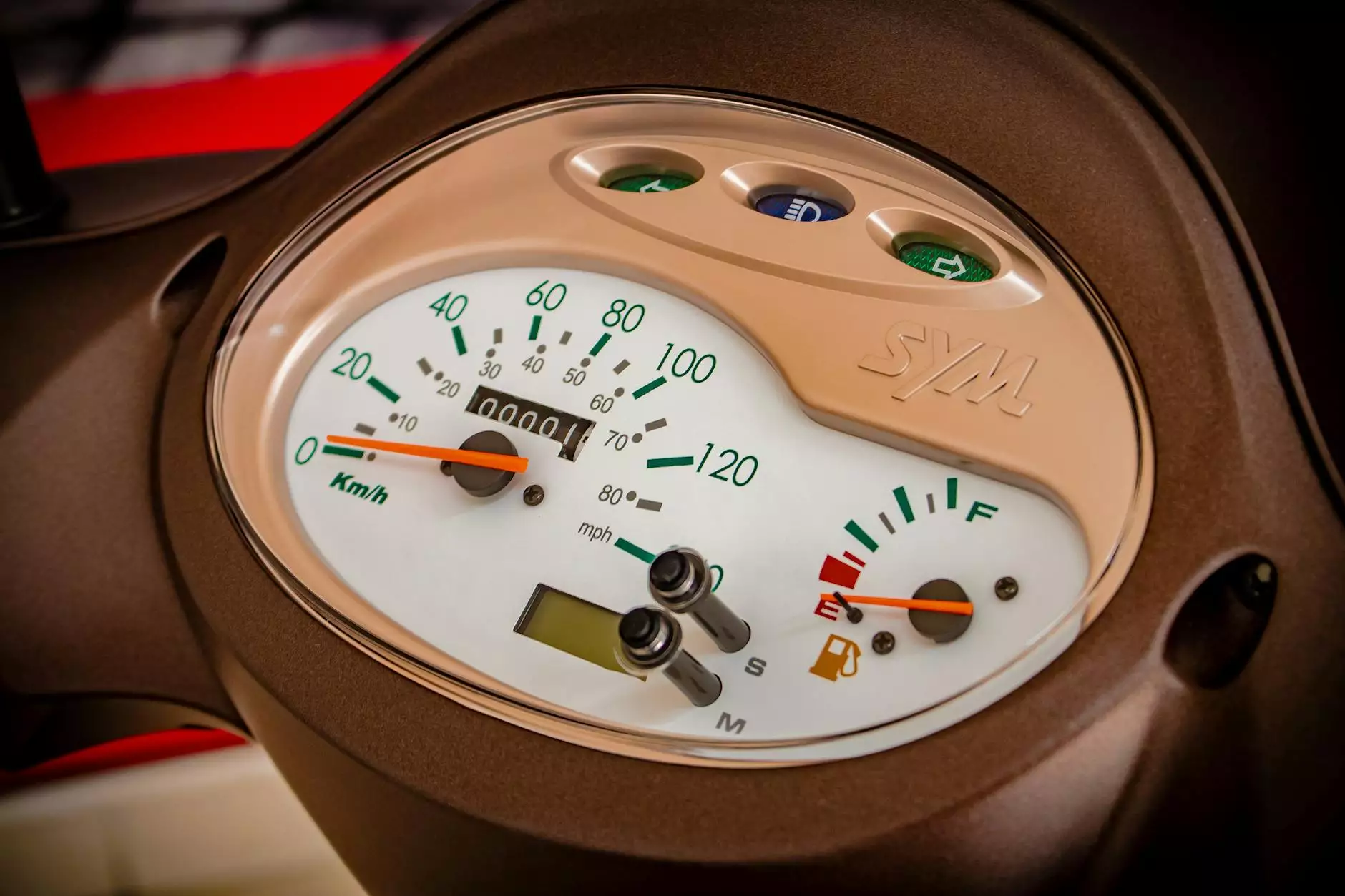Understanding CRA Reasonable Mileage Allowance: Maximizing Your Tax Benefits

The CRA reasonable mileage allowance is a critical aspect of the Canadian tax system that can significantly affect individuals and businesses alike. This article aims to provide a detailed exploration of what the allowance entails, its purpose, and how you can effectively utilize it to maximize your tax deductions. By understanding the nuances of this allowance, both employees and employers can make informed financial decisions that align with their business goals.
What is the CRA Reasonable Mileage Allowance?
The Canada Revenue Agency (CRA) offers the reasonable mileage allowance to employees who use their personal vehicles for business-related travel. This allowance is designed to cover expenses incurred while driving for work, including fuel, maintenance, insurance, and depreciation.
Eligibility for the CRA Mileage Allowance
To qualify for the CRA reasonable mileage allowance, individuals must meet specific criteria:
- Use of Personal Vehicle: The vehicle used for business purposes must be owned or leased by the employee.
- Recording Mileage: Employees must maintain a detailed record of their business mileage, including the date, destination, and purpose of the trip.
- Employer Agreement: The employer must agree to reimburse the employee for these expenses, ensuring compliance with CRA regulations.
How to Calculate the Reasonable Mileage Allowance
Calculating the reasonable mileage allowance involves understanding the current mileage rates set by the CRA. These rates can change annually, so it is essential to stay updated.
Current Mileage Rates
The CRA publishes a standard mileage rate that is used for calculating vehicle expenses. For example, in 2023, the reimbursement rate was ₵0.61 per kilometer for the first 5,000 kilometers, and ₵0.55 for kilometers exceeding that amount. Always refer to the CRA official website for the latest rates.
Step-by-Step Calculation
Here’s how to calculate your mileage allowance:
- Track Total Kilometers Driven: Keep a log documenting your business-related mileage.
- Apply the CRA Rate: Multiply the kilometers driven by the current CRA mileage rate to ascertain your total mileage allowance.
- Record Keeping: Ensure all documentation and receipts are organized for tax purposes.
Benefits of the CRA Reasonable Mileage Allowance
Utilizing the reasonable mileage allowance comes with various benefits:
- Tax Deductions: Employees can claim deductions on their personal tax returns, reducing taxable income.
- Expense Coverage: The allowance helps cover vehicle-related costs incurred during business travel.
- Encourages Efficient Operations: Businesses can motivate employees to use personal vehicles, promoting flexibility and mobility.
Common Misconceptions About Mileage Allowance
Despite its clear intention, there are several misconceptions surrounding the CRA reasonable mileage allowance:
- All Employees are Eligible: Not every employee is eligible for mileage claims; it depends on the nature of their employment and vehicle usage.
- Deductions Are Automatic: Employees must actively claim the mileage allowance; it is not automatically deducted.
- Fixed Rates for All Vehicles: Different vehicles may incur different costs; thus, the standard rate may not reflect actual expenses for all.
Best Practices for Claiming Mileage Allowance
To maximize the benefits of the CRA reasonable mileage allowance, follow these best practices:
- Maintain a Logbook: Keep a detailed record of all trips, maintaining a logbook that records purpose, date, and distance.
- Understand Reimbursement Policies: Familiarize yourself with your company’s reimbursement policies to ensure compliance with CRA guidelines.
- Regularly Review Mileage Rates: Stay updated on changing CRA rates so you can adjust expense claims accordingly.
- Consult a Tax Professional: Seeking advice from tax professionals, like those at taxaccountantidm.com, can provide clarity and assistance in claiming your mileage.
Working with Tax Accountants
Employing a tax accountant can be incredibly beneficial when navigating the complexities of the CRA reasonable mileage allowance. Here’s how they can assist:
- Expert Guidance: Tax accountants have the knowledge to guide clients on proper recording and claiming processes.
- Maximizing Deductions: They can identify eligible expenses that clients may overlook, maximizing their tax refunds.
- Auditing Support: In case of an audit, a tax accountant can provide necessary documentation and representation.
Conclusion
In conclusion, understanding the CRA reasonable mileage allowance is essential for Canadian employees and businesses to make informed financial decisions. By leveraging this allowance wisely, you can effectively manage your tax liabilities and ensure that your hard-earned money is put to good use. Remember to keep detailed records, stay updated on the rates, and consider consulting a tax professional, like those at taxaccountantidm.com, for expert advice and strategies tailored to your unique situation. By embracing these practices, you position yourself to take full advantage of the benefits afforded by the CRA mileage allowance.
© 2023 Tax Accountant IDM. All rights reserved.









